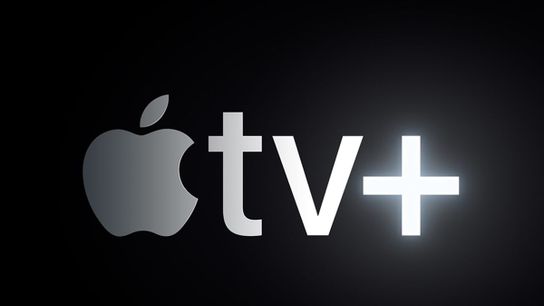As the Power 5 conferences spent the past decade partnering off with major networks (mainly ESPN) for their TV networks, the Pac-12 made a calculated risk to go off on its own. The conference launched not just one, but a series of networks that would leave the league and its member schools exposed to all the risk while poised to rake in all the gains, assuming there were any.
As we know now, nearly a decade later, that bet has largely come up snake eyes.
The Pac-12 Networks are in 17.9 million homes, less than Fox Deportes and something called Z Living.
At the same time, the $3 billion deal the league signed in 2011 with ESPN and Fox, viewed as a landmark deal at the time, has since been surpassed several times over by the conference's rivals.
Combine those two factors with the geographical reality that the conference has to fight for scraps of daytime broadcast windows on major networks and is asked to play night games far more likely than it likes and you get a stew of angst and unease. It's the type of stuff that led one athletics director to openly wonder if the Pac-12 is in danger of being left in the dust by its rivals, particularly the Big Ten and SEC. It's what forced the conference to put itself for sale and consider the possibility of playing games at 9 a.m. local time.
And now, it appears, the Pac-12 is considering doubling down on itself.
According to a report Monday from Sports Business Journal, the Pac-12 has fielded interest from Apple in advance of its upcoming media rights negotiations.
As the business model of American entertainment has been thoroughly upended over the past decade, sports leagues of all stripes have shifted their attention westward, away from New York and the traditional TV networks of ABC, CBS, NBC and Fox and toward Silicon Valley and the companies known as FAANG -- Facebook, Apple, Amazon, Netflix, and Google.
To date, the tech and sports industries have danced around each other, launching ventures such as simulcast NFL games on Amazon Prime and/or Twitter, or leagues like MLB and the Mountain West Conference airing select games on Facebook. No platform and league have been brave enough to fully jump in bed together, but SBJ reports that Apple and the Pac-12 are at least thinking about it.
“They said that they are very interested in learning more about the rights and learning more about the business to determine whether or not they’d be a viable partner in 2024,” Pac-12 Networks president Mark Shuken said. “They said that, on the surface, we look like a good partner to investigate.”
Apple executives have told the Pac-12 that, per SBJ, the company is only interested in the conference's "primary" media rights package, not a digital offshoot a la ESPN+. Essentially, we'd be talking about taking Ohio State-Oregon, Notre Dame-USC and Stanford-Cal off of ESPN and Fox, not a late night stream of Washington State-Oregon State.
The report states Apple is interested in acquiring Pac-12 rights as a way of differentiating itself from Netflix, Amazon Prime and the other suite of options you likely pay $15 a month to watch once.
On some level, it's a surprise that a deal like this hasn't happened yet, since streaming options now have every type of televised entertainment available except live programming, and there's no live programming like sports.
Obviously, cost would be a complicating factor here, to put it lightly. The Pac-12 would have to have a large come-to-Jesus meeting about how much it would be worth to take its games off of Fox and ABC/ESPN onto a platform most people don't have. Ampere Analysis says Apple TV Plus has 33.6 million subscribers in the US, Amazon Prime has 42.2 million and Netlfix has 61.3 million. ESPN has around 81 million; ABC and Fox are in around 115 million homes. (However, those numbers are going in opposite directions.)
At the same time, Apple must analyze how much it would cost not only to buy the Pac-12's rights, but to finance what would essentially be a start-up TV network with equipment, staff, broadcast talent, etc. To be clear: there is no cost Apple can't pay, but you don't compile $243 billion in cash by making poor business decisions.
It's possible both sides due their due diligence and decide their numbers don't match. It's also possible they make a deal, the Big Ten and SEC sit and watch, then sign five years later for double the money.
But both sides are talking, and for now that's enough.
